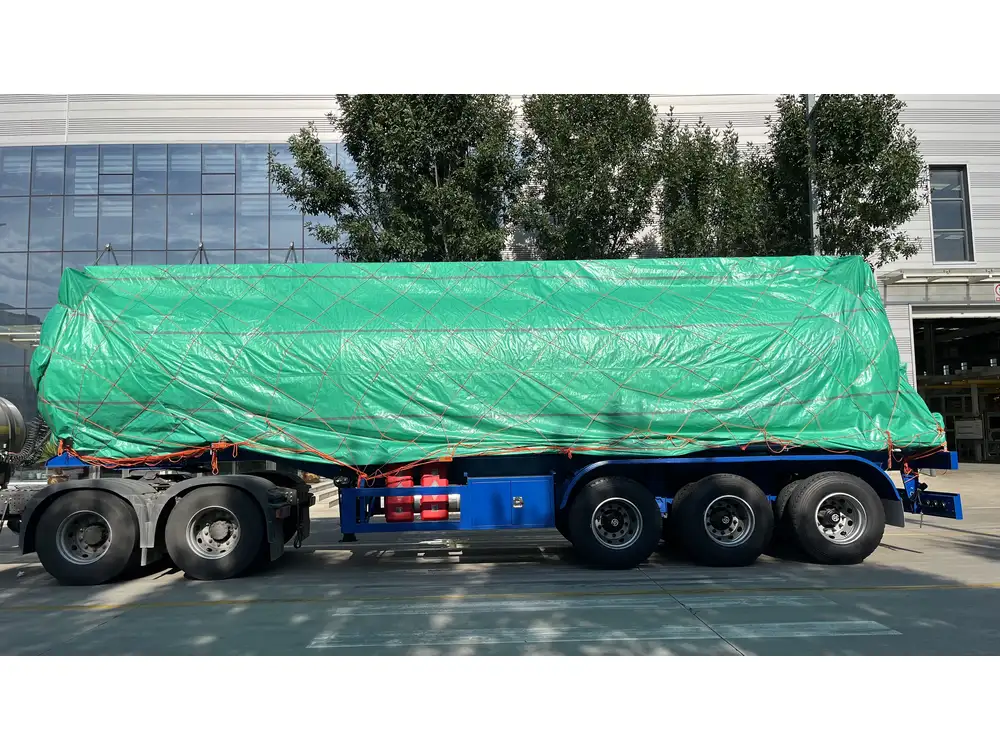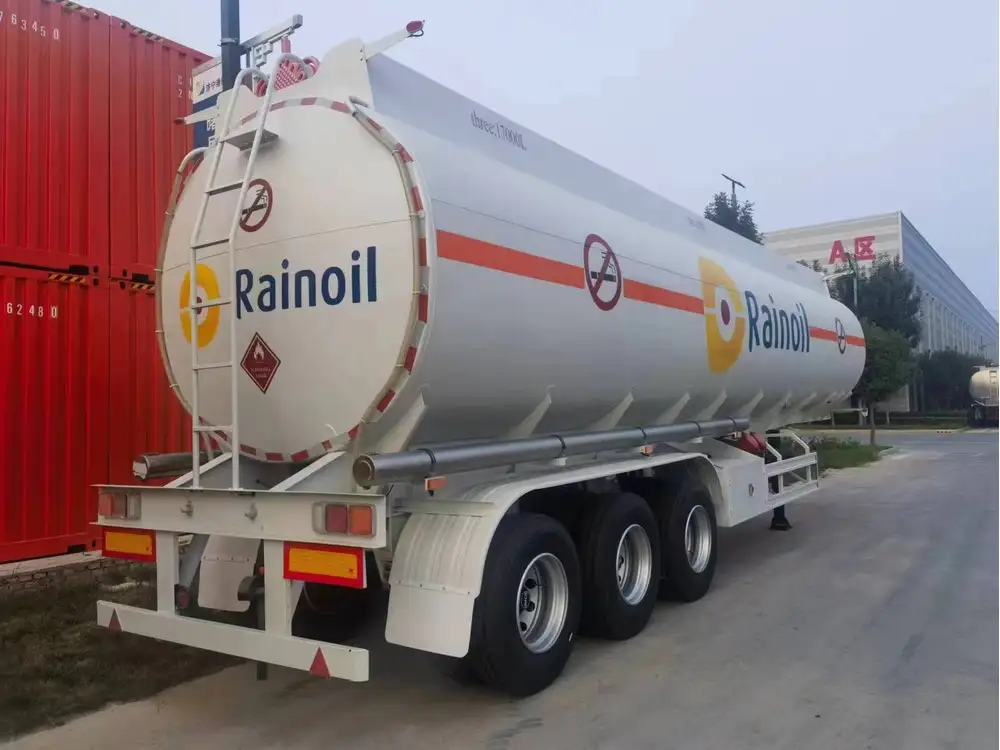When considering the transportation of vehicles, understanding the weight of car trailers is crucial for both safety and compliance. From selection to legal regulations, the weight of your car trailer can significantly impact your transportation experience. This article provides an in-depth analysis of car trailer weights, types, and other critical elements to facilitate informed choices.
The Importance of Knowing Car Trailer Weight
For any vehicle owner, knowing the weight of a car trailer is paramount for several reasons:
- Towing Capacity: Every vehicle has a specific towing capacity defined by the manufacturer. Knowing your trailer’s weight ensures you do not exceed this capacity, thereby maintaining safety on the road.
- Fuel Efficiency: Heavier trailers can significantly affect fuel consumption. Understanding the weight can help you estimate fuel costs for trips.
- Legal Regulations: Different states have specific regulations regarding trailer weights. Knowing your trailer’s weight ensures compliance with these laws.
Car Trailer Types and Their Weights
Car trailers come in several types, each designed with different purposes and capacities. Below is a comparative analysis of common types of car trailers along with their average weights.
| Type of Trailer | Average Weight (lbs) | Description |
|---|---|---|
| Open Car Trailers | 1,000 – 2,500 | Designed for easy loading and unloading, usually featuring removable ramps. |
| Enclosed Car Trailers | 2,500 – 3,500 | Provides protection from elements, ideal for transporting classic or sensitive vehicles. |
| Flatbed Trailers | 1,500 – 3,000 | Versatile design that allows for various loads, with no sides or roof. |
| Dolly Trailers | 800 – 1,500 | A compact option designed for towing vehicles, often lightweight and easy to maneuver. |
| Utility Trailers | 1,000 – 3,000 | Multi-purpose trailers that can be adapted for various needs, including vehicle transport. |

Decoding Average Weights
Open Car Trailers: Typically, open car trailers are lighter than enclosed models, ranging from 1,000 to 2,500 pounds. Their design enables users to easily load vehicles, especially with basic features like ramps.
Enclosed Car Trailers: These trailers provide significant protection for the vehicle being transported. However, they also come with added weight due to the enclosed structure. Generally, their weight spans between 2,500 and 3,500 pounds.
Flatbed Trailers: The weight of a flatbed trailer varies based on its length and additional features. Weights typically range from 1,500 to 3,000 pounds, making them adaptable for various loads.
Dolly Trailers: These lightweight trailers are particularly designed for ease of access and parking. Their weights average between 800 to 1,500 pounds.
Utility Trailers: These trailers, known for versatility, vary widely in weight depending on size and construction materials, with an average range of 1,000 to 3,000 pounds.
Factors Influencing Trailer Weight
Several factors can influence the overall weight of a car trailer, including:
Material Composition: Trailers can be constructed from various materials, including steel, aluminum, and fiberglass. Steel trailers tend to be heavier, while aluminum trailers offer the benefit of being lightweight yet durable.
Design Features: Additional features such as toolboxes, spare tire mounts, and side walls can add weight to the trailer.
Size and Capacity: Larger trailers that can accommodate more vehicles naturally weigh more. The length and width of the trailer play a key role in its weight capacity.
Axles: Dual-axle trailers will generally weigh more than single-axle models, but they offer better weight distribution and stability.
Legal Considerations for Car Trailers
Understanding the weight of car trailers also involves being aware of legal requirements. Here’s what to keep in mind:
Gross Vehicle Weight Rating (GVWR): This is the maximum weight a trailer can legally carry, including its own weight. Always ensure that your loaded trailer’s weight does not exceed this limit.
Towing Vehicle Compliance: The towing vehicle’s specifications must align with the trailer’s weight. Check the vehicle manufacturer’s towing capacity.
State Regulations: Different regions may impose limits on the overall length, height, and weight of trailers, which could affect transport plans. It’s advisable to check local regulations before embarking on long trips.

Best Practices for Loading and Weight Distribution
Proper loading and weight distribution play a critical role in the safe towing of a car trailer. Here are best practices to adhere to:
Center the Load: Ensure that the vehicle is placed in the center of the trailer to maintain balance. A wheelbase that is balanced will help in preventing sway.
Secure the Load: Use chains, straps, or tie-downs to ensure the vehicle is securely fastened, preventing movement during transit.
Avoid Overloading: Regularly check the combined weight of the trailer and load. Overloading can cause excessive wear on tires and brakes, greatly increasing the risk of accidents.
Testing Stability: Once loaded, test the setup by towing at low speeds in a safe environment to ensure stability and control.
Calculating Car Trailer Weights: A Quick Formula
To ensure that you’re within the legal limits while towing, you can utilize the following quick reference formula:
- Total Weight = Trailer Weight + Load Weight
For example, if your open car trailer weighs 1,500 lbs and the vehicle you’re transporting weighs 3,000 lbs, your total weight would be:
- Total Weight = 1,500 lbs + 3,000 lbs = 4,500 lbs
Calculating Tow Vehicle Capacity
- Check your vehicle’s Owner’s Manual.
- Look for the towing capacity mentioned.
- Subtract the weight of passengers and cargo from that towing capacity to find out how much you can tow legally.

Specialized Semitrailers for Car Transport
As a manufacturer, we recognize the role of specialized semitrailers that focus on car transport. These trailers optimize space, stability, and safety for vehicle transport. Here’s what you need to know about this category:
Types of Specialized Car Transport Semitrailers
| Type | Weight Capacity (lbs) | Features |
|---|---|---|
| Multi-car Haulers | 7,000 – 10,000 | Designed to transport multiple vehicles, maximizing space and efficiency. |
| Gooseneck Trailers | 10,000 – 16,000 | Offers improved handling and weight distribution over standard trailers. |
| Side Load Trailers | 8,000 – 12,000 | Allows for easier side loading, reducing the need for ramps and inclines. |
Key Considerations When Choosing Semitrailers
When selecting semitrailers, factor in:
- Construction Material: Look for durable materials that provide longevity and strength without adding excessive weight.
- Ease of Loading and Unloading: Prioritize designs that facilitate efficient vehicle loading processes.
- Weight Distribution: Ensure that the trailer allows for appropriate weight distribution to enhance towing safety.

Conclusion: Making Informed Trailer Choices
Knowing the weight of car trailers is fundamental to safe and efficient vehicle transportation, affecting everything from your vehicle’s performance to compliance with legal standards. Whether you are an individual or a business looking to transport vehicles, understanding the various trailer options, weight considerations, and best practices will ensure your journeys are safe and compliant.
By making informed decisions and adhering to regulations, you can enhance your towing experience and ensure the safety of your load on the road. Consider investing in high-quality trailers designed specifically for your vehicle transport needs, contributing positively to your business or personal transport activities.



